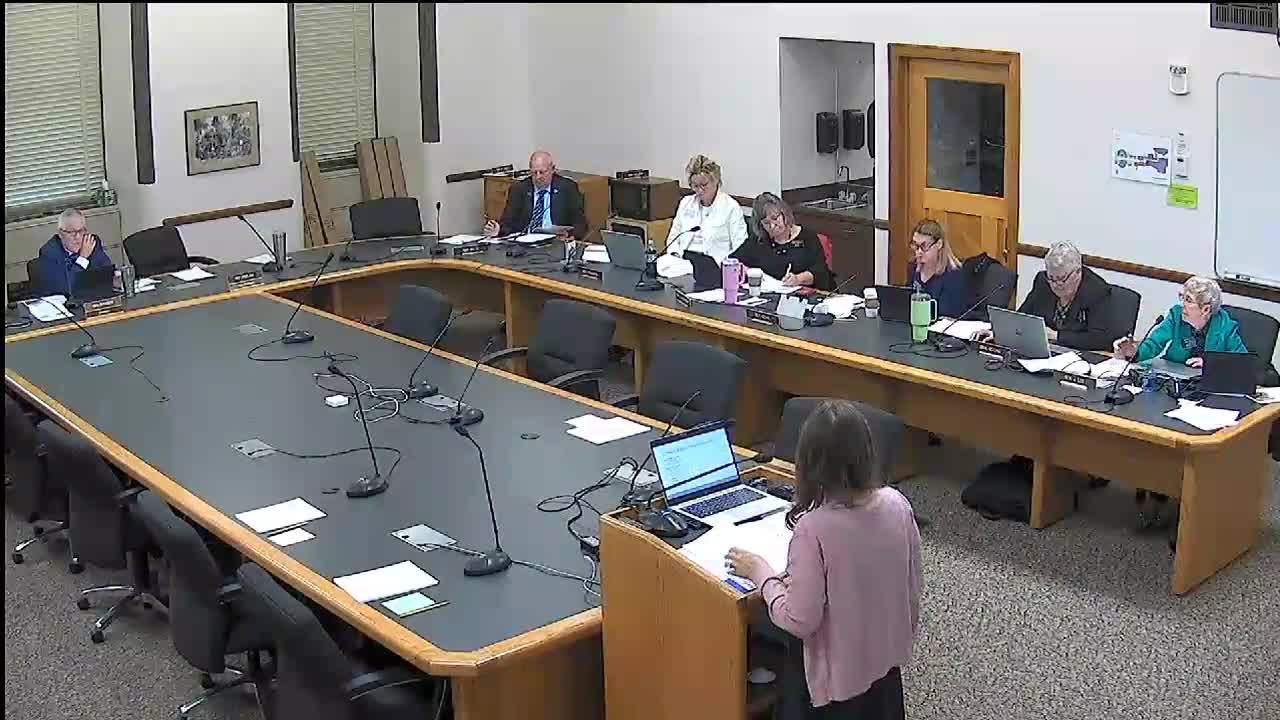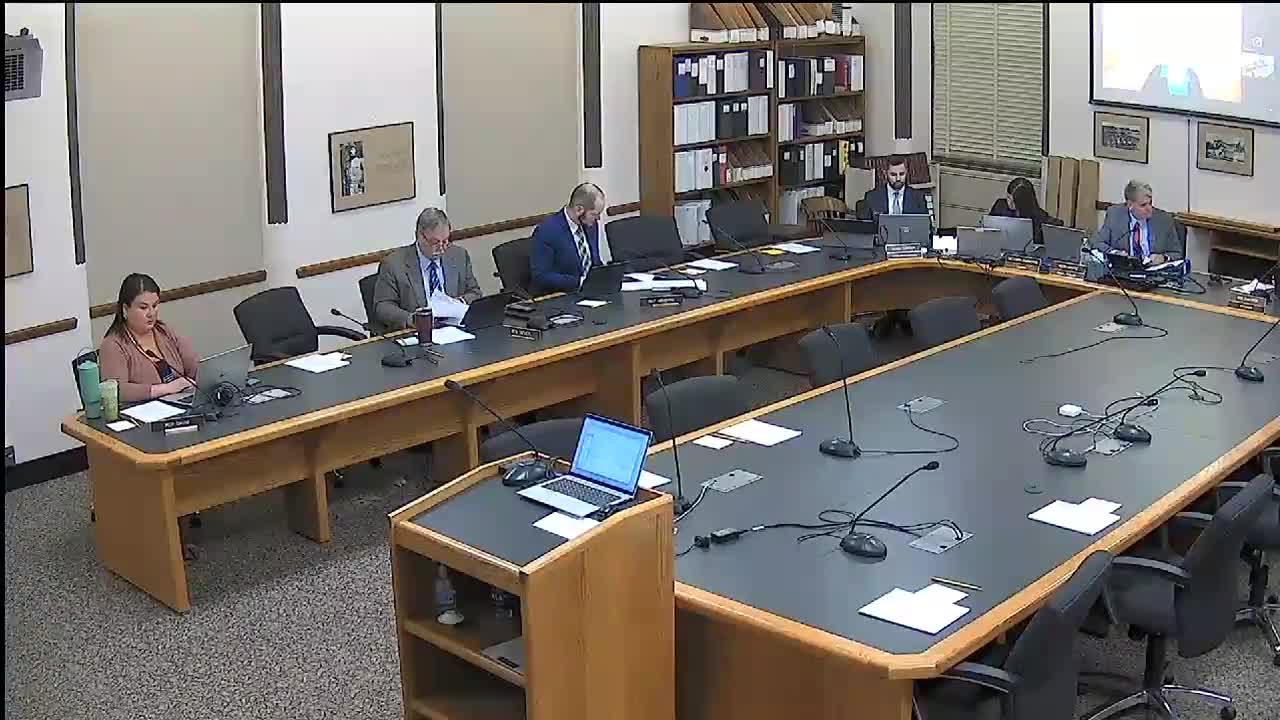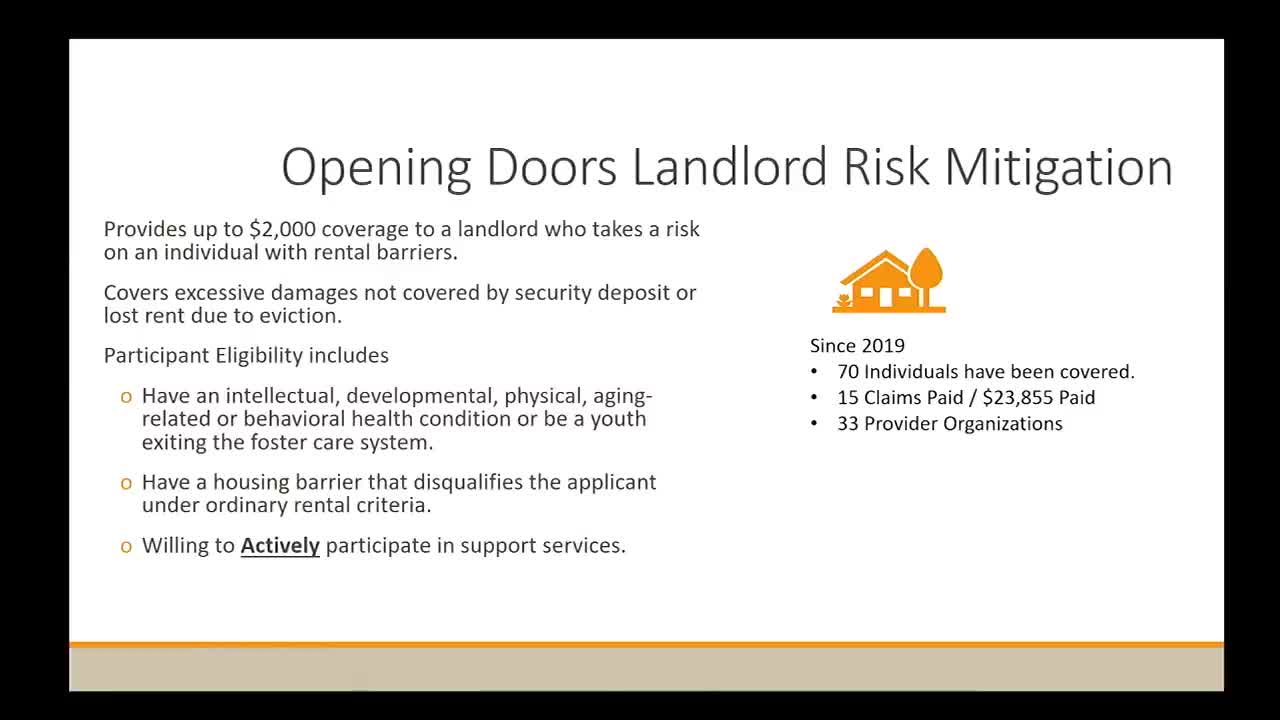Article not found
This article is no longer available. But don't worry—we've gathered other articles that discuss the same topic.

Interim committee launches study of accessibility for people who are deaf, hard of hearing or have hearing differences

Legislative interim committee opens statewide homelessness study after multi‑agency briefings

